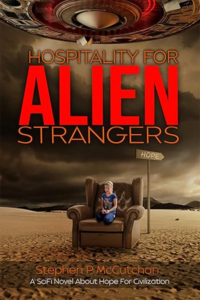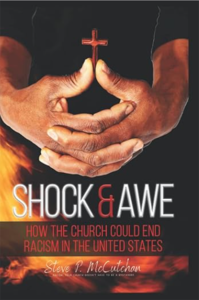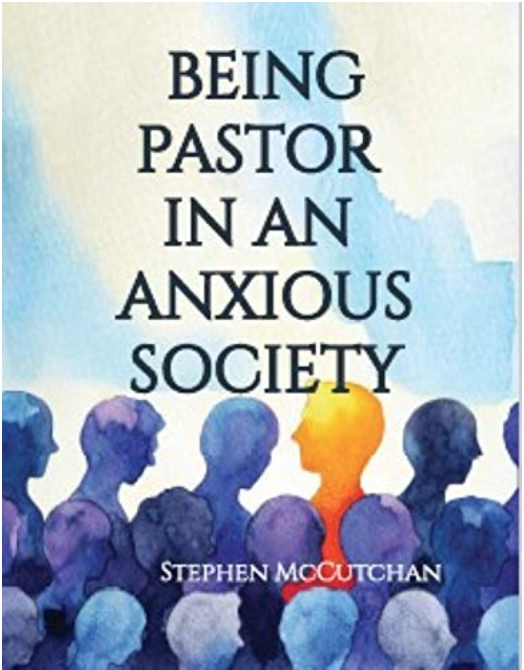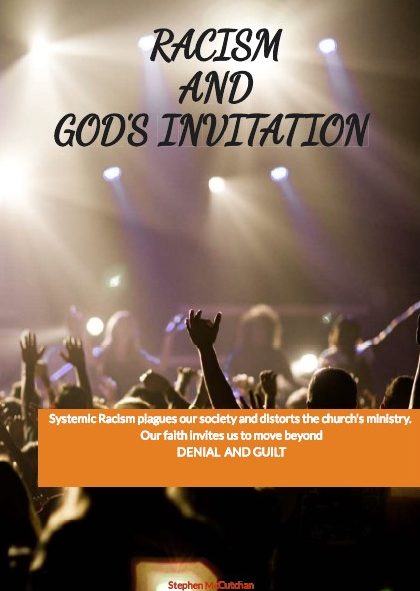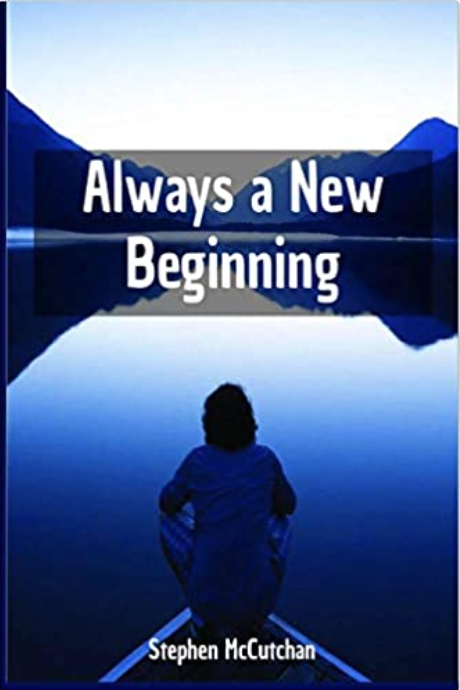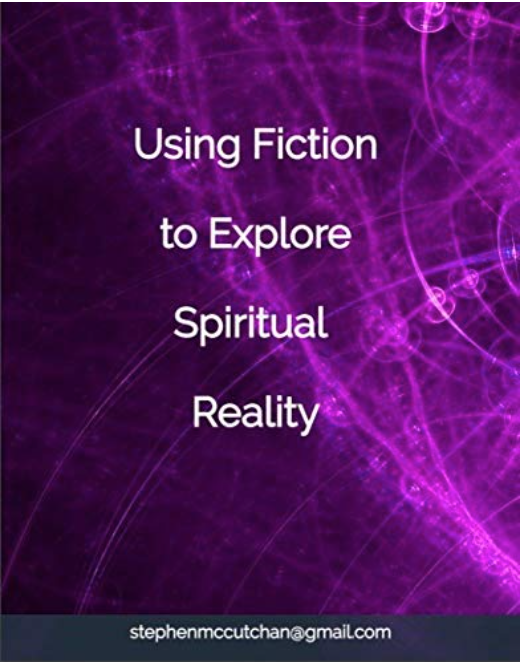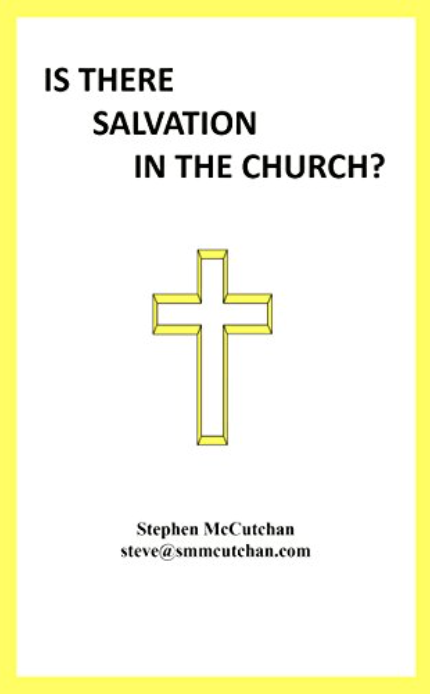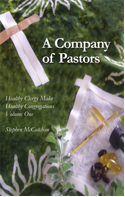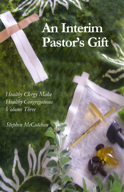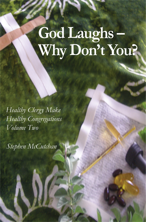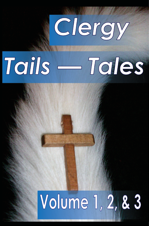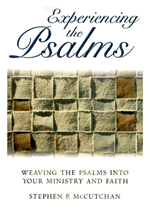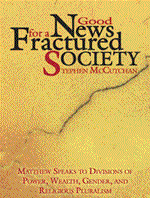SAVED TO COMMUNITY
In God’s economy, we are saved to community. We not only need to confess, but we need someone to listen to our confession. Picture the power of members of a White congregation taking the sin of racism so seriously that they are willing to sit before a Black congregation and speak of their own complicity in the sin of racism as well as listen intensely to the pain that their African American neighbors experience in their lives. As Dr. Tutu explains, “True forgiveness deals with the past, all of the past, to make the future possible.” (No Future Without Forgiveness, Desmond Tutu.)
TAKING RACISM SERIOUSLY
Picture the power of members of a White congregation taking the sin of racism so seriously that they are willing to sit before a Black congregation and speak of their own complicity in the sin of racism as well as listen intensely to the pain that their African-American neighbors experience in their lives. “True forgiveness deals with the past, all of the past, to make the future possible.”
Such confession is not a single act but a process. We continue to need the dialogue made available through the community. While individual congregations may be of predominantly one race, the Body of Christ is diverse. Thus, God’s gift of the church to humanity is to provide humanity with that community of faith that transcends human divisions and provides it a context for such a dialogue. Try to picture what it might mean for you personally and your church to respond to the world as if God’s kingdom has come.
LEARNING FROM THE ANCESTORS OF SLAVES
A theme that continually runs through Scripture is how God is not only not defeated by sin but how God can take our worst sins and transform them into graceful possibilities.
The center of our faith is not founded on how people were so overwhelmed by God’s love that they chose to reform themselves. The center of our faith is on the cross, where people choose to reject God’s love by seeking to destroy the expression of that love, as seen in Jesus by crucifying him.
Yet God chose to take that very act of rejection of Divine love and transform it into an expression of God’s saving grace. People do not display the symbol of the cross as evidence of humanity’s evil but rather as the overwhelming grace of God.
A contemporary symbol of that faith can be seen in the response of Black South Africans to the end of Apartheid. Instead of taking advantage of the shift of power in the relationship between Black people and White people, they chose a pathway to healing reconciliation.
Later, we will explore an adaption of the Truth and Reconciliation (TRC) Commission from South Africa as a pathway for the American church.







